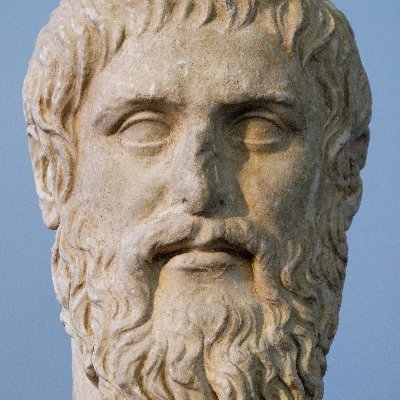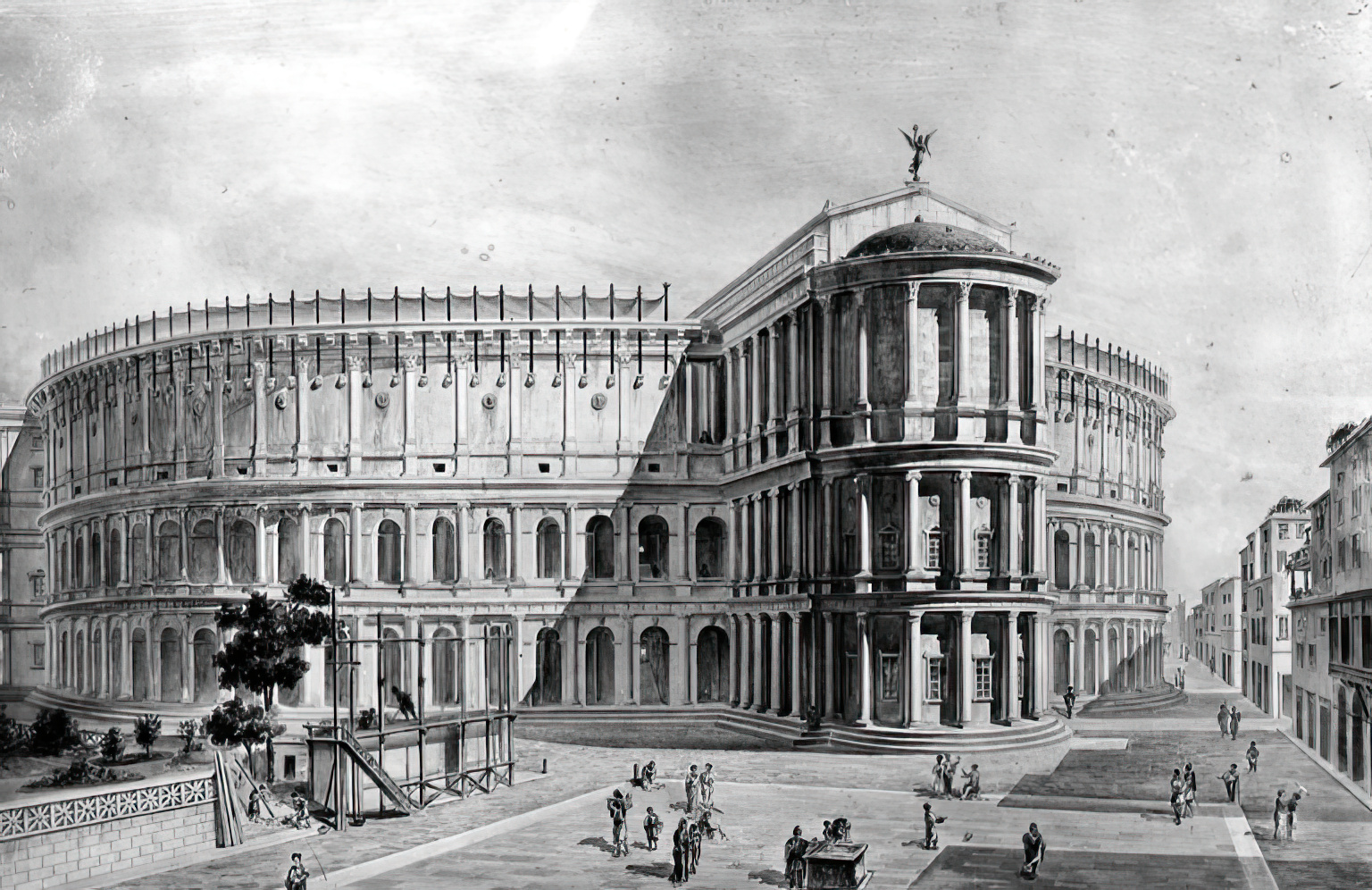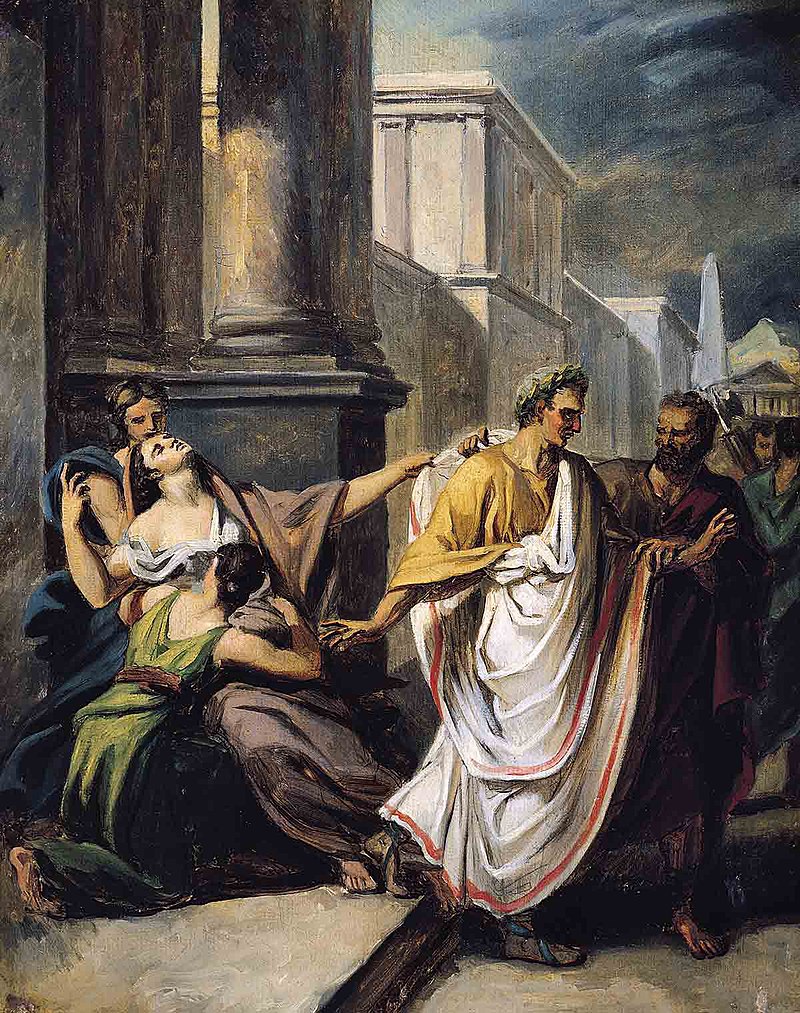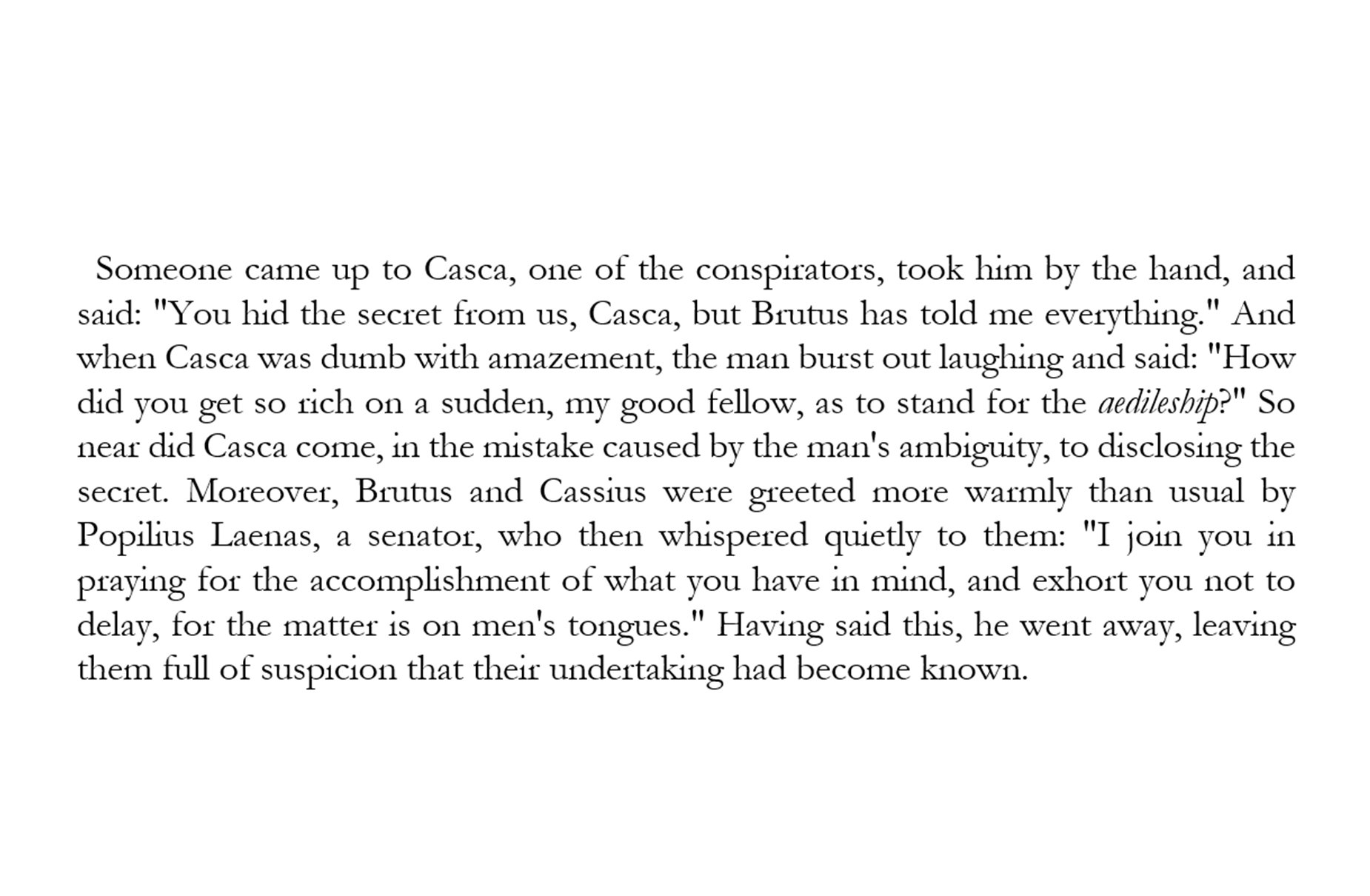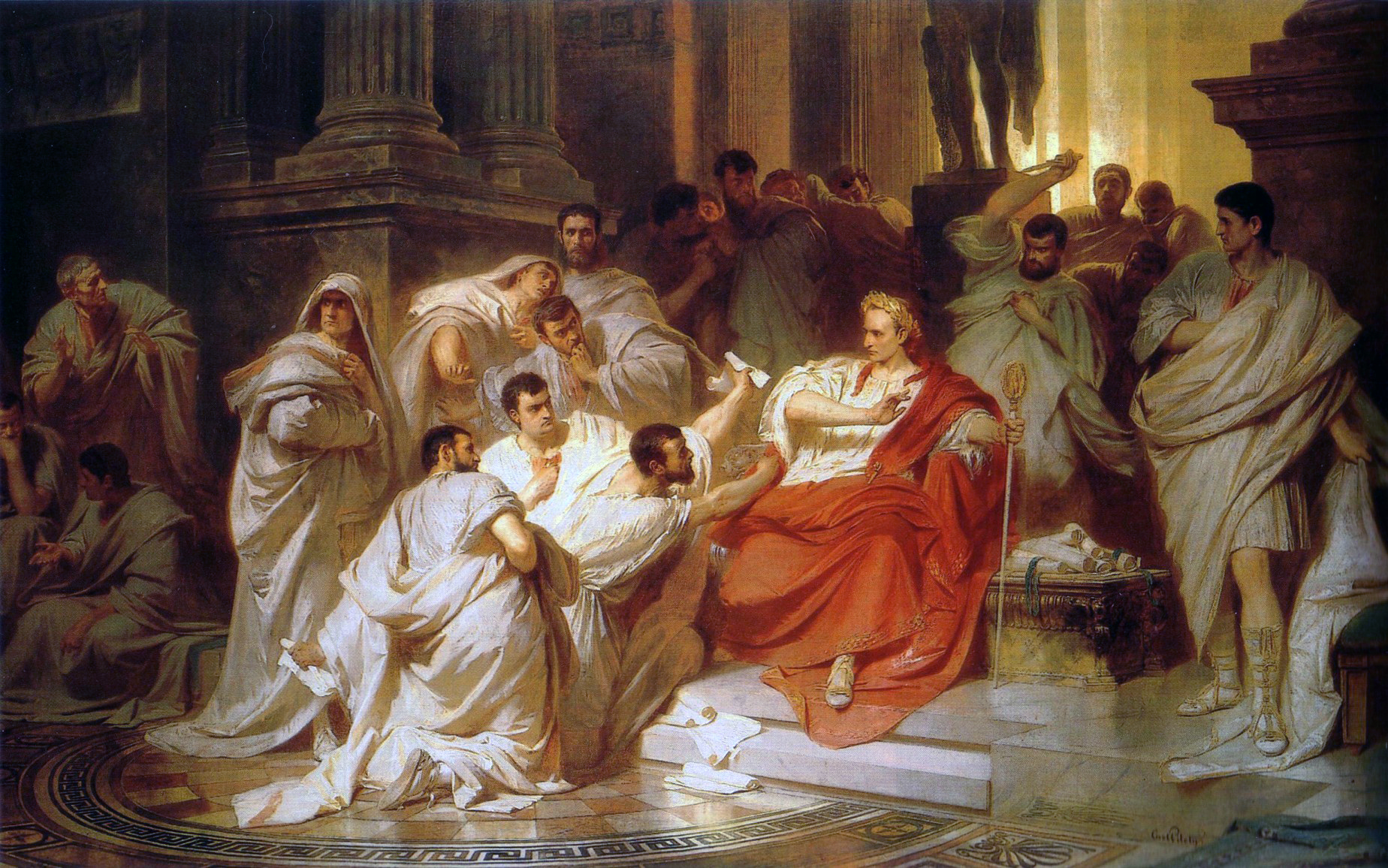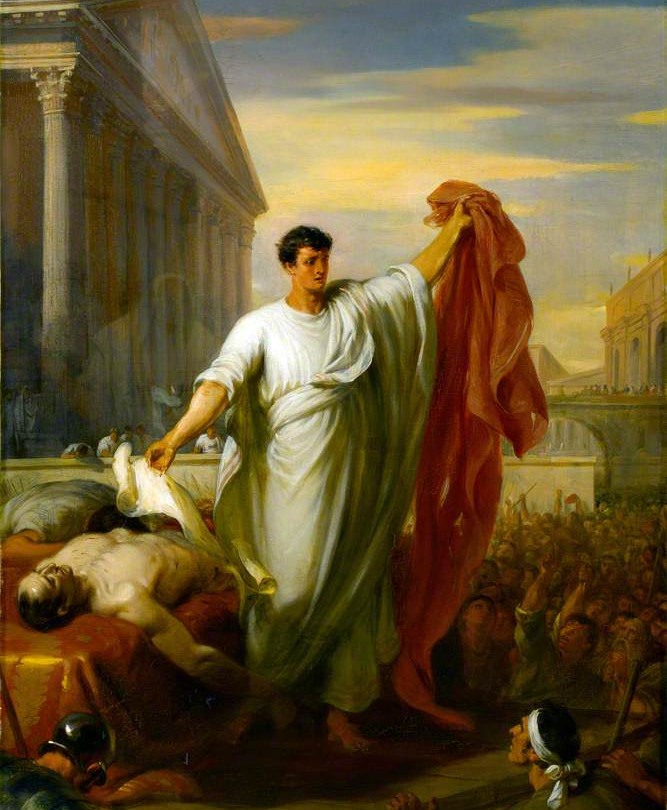On this day 2,067 years ago Julius Caesar was assassinated in broad daylight in the middle of Rome.
But it wasn't a mob or a popular uprising - Caesar was killed by a group of disgruntled senators.
Here's how it happened, moment by moment, on that fateful day in 44 BC...

